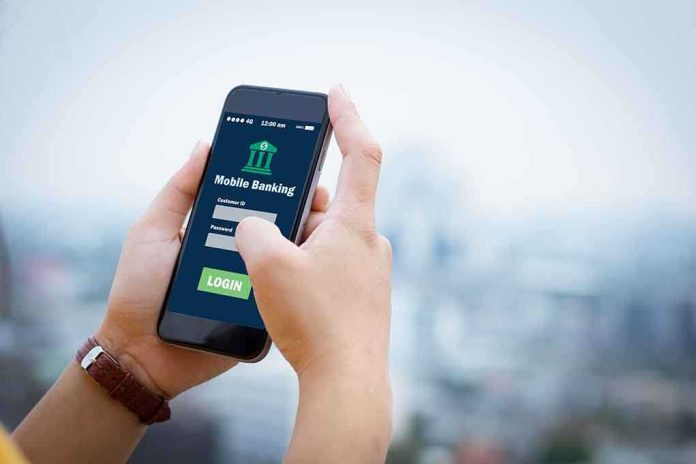
Atlanta’s “water boys” have gone from entrepreneurial street vendors to sophisticated digital scammers, stealing thousands from unsuspecting drivers who simply wanted to support local youth by purchasing a bottle of water.
Key Takeaways
- Multiple Atlanta drivers have lost thousands of dollars after handing their phones to “water boys” selling bottled water at intersections.
- Scammers bypass Cash App’s verification methods to transfer large sums without authorization, with victims reporting losses of $800-$1,100 in individual incidents.
- One Buckhead resident had both his phone stolen and Range Rover taken after revealing a $12,000 Cash App balance to water sellers.
- Georgia Tech has reported four crimes linked to water boys, including armed robbery and theft by deception.
- Security experts recommend never handing over your phone, avoiding QR code scans, and using cash for street purchases.
Digital Highway Robbery at Atlanta Intersections
What began as young entrepreneurs selling water bottles at busy Atlanta intersections has evolved into a concerning criminal enterprise targeting generous motorists. The scam typically starts innocently – drivers stop at traffic lights where young men offer bottled water for sale. When drivers attempt to pay using Cash App or other digital payment methods, the sellers ask to handle the phone, quickly transferring hundreds or thousands of dollars before returning the device. By the time victims realize what happened, the perpetrators have disappeared.
Tristen Richardson became one such victim when she tried to pay $2 for water but ended up losing $1,100 in seconds. “My heart sank because I was like, oh my God, that’s like a big chunk of money,” said Tristen Richardson.
Sophisticated Scams Bypassing Security Measures
What makes these scams particularly troubling is how easily the perpetrators circumvent supposed security measures in payment apps. Victims report that traditional verification steps were completely bypassed. “Cash App usually has three methods of verification before any money is sent. None of those three verification methods were utilized. They were all bypassed and $800 just taken out,” said an anonymous woman who fell victim to the scam.
Richardson’s encounter began typically enough but quickly turned into a financial nightmare. “One of the boys came up to my window,” Richardson recounted. “He took the phone. He was like, nah, let me just, let me just type in the right username,” she continued, describing how quickly the scammer took control of her device.
Escalating Beyond Financial Fraud
The water boy scams have escalated beyond simple digital theft in some cases. Atlanta police reported that a driver was held at gunpoint while having their phone stolen. In another alarming incident, a Buckhead resident not only had his phone snatched but his Range Rover stolen after revealing a $12,000 balance on his Cash App. “I was just shocked man, I was like, ‘Dang, I didn’t expect it from pretty much like kids,” said the Buckhead resident who lost his vehicle.
“If you don’t see where this QR code is leading you to, it could be a scam,” warned Rajiv Garg, highlighting the risks of interacting with unfamiliar QR codes.
Protecting Yourself From Digital Street Scams
Security experts and victims alike now advise Atlanta residents to exercise extreme caution when approached by water sellers. Richardson has filed a police report and is disputing the transaction with Cash App, which has not responded to media requests for comment. She also started an online fundraiser to recover her losses. Georgia Tech has reported multiple crimes linked to water boys, underlining that this is no isolated issue but a growing criminal trend targeting good-hearted citizens.
Safety recommendations include carrying small amounts of cash for street purchases, never handing your phone to strangers, avoiding scanning unknown QR codes, and enabling additional security features in payment apps such as requiring a PIN or facial recognition for all transactions. Most importantly, trust your instincts – if an interaction feels suspicious or a seller seems overly insistent on handling your phone, it’s best to politely decline and drive away with your money and device secure.













